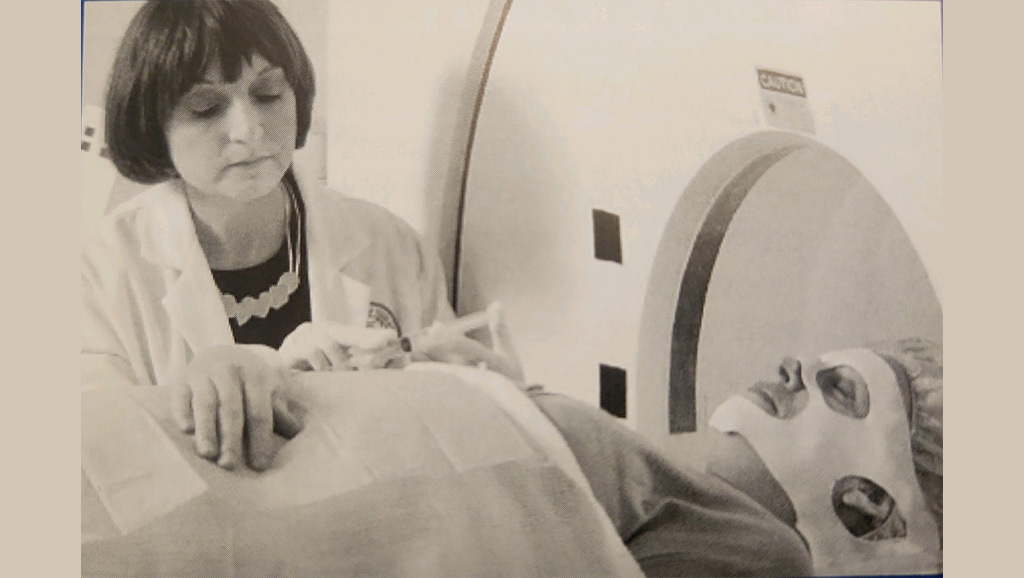Neuroscience and Society

What is Neuroscience and Society?
From the way we form societies to the way we engage with the world, the brain sits at the center of our human experience. When we gain a greater understanding of our brains, the field of neuroscience can better reflect, inform, and advance the needs of our society.
The field of neuroscience and society bridges the gap between research in the lab and the interdisciplinary knowledge needed to use it to improve people’s lives. At the intersection of neuroscience and society, we work with empathy to understand how neuroscience can shape a brighter future for all by fostering meaningful connections between scientists and other scholars and the people whose lives could be impacted by their work.

Why does Neuroscience and Society Matter?
Neuroscience has incredible potential to impact all of us—as individuals, in our communities, and across broader society. If we strengthen the relationship between neuroscience and society, we can work toward improving health outcomes, education, innovation, and justice.
Where does Neuroscience and Society Show Up in the World?
Our capacity for thinking, feeling, learning, and remembering all live within the billions of neurons and connections in our brains. Neuroscience and society embeds neuroscience in a societal context to examine the field’s intersections with medicine, law, education, journalism, and policy. Below are some of the questions the Foundation is currently considering in its work.
Learn More About How We Advance Brain Science for a Better Future
While neuroscience is complex—it takes years to acquire the expertise required to work in the field—the brain is everyone’s business. To deliver meaningful change for all people, we bring an inclusive approach to neuroscience that makes it more accessible and understandable to experts and non-experts alike.




